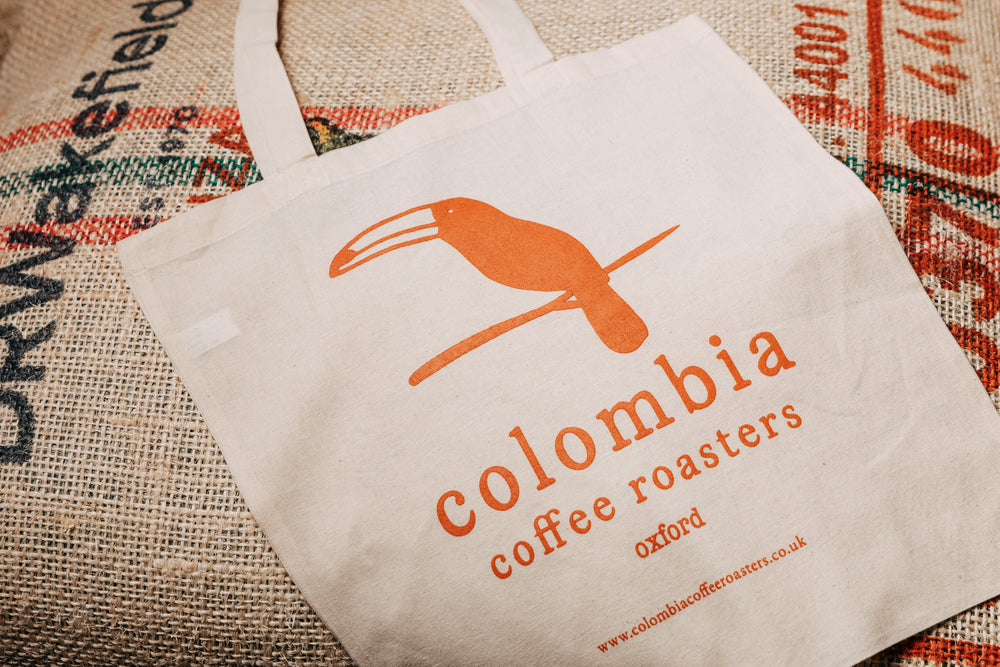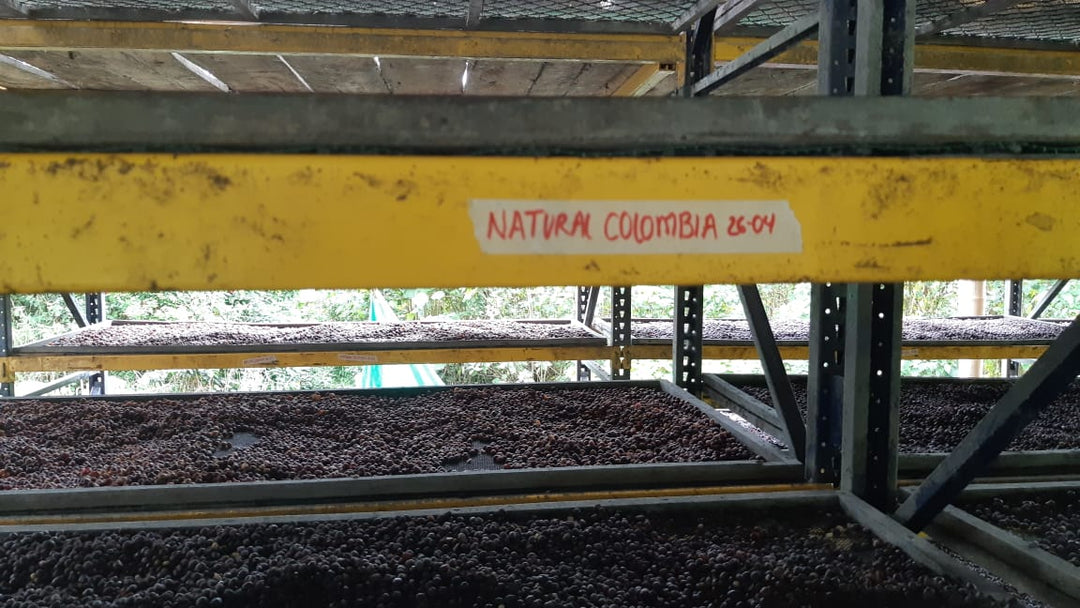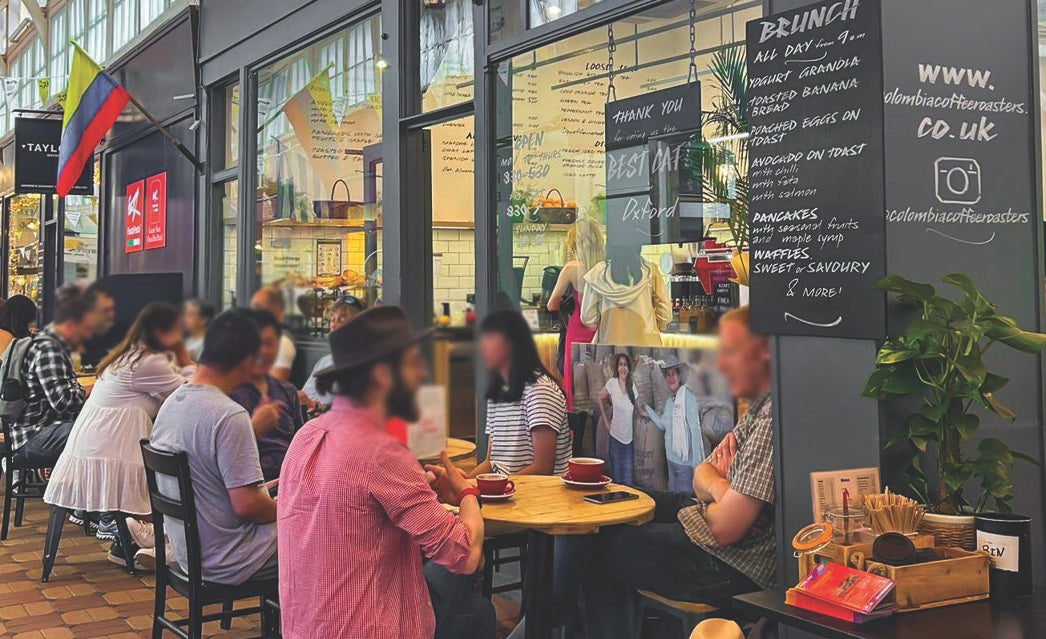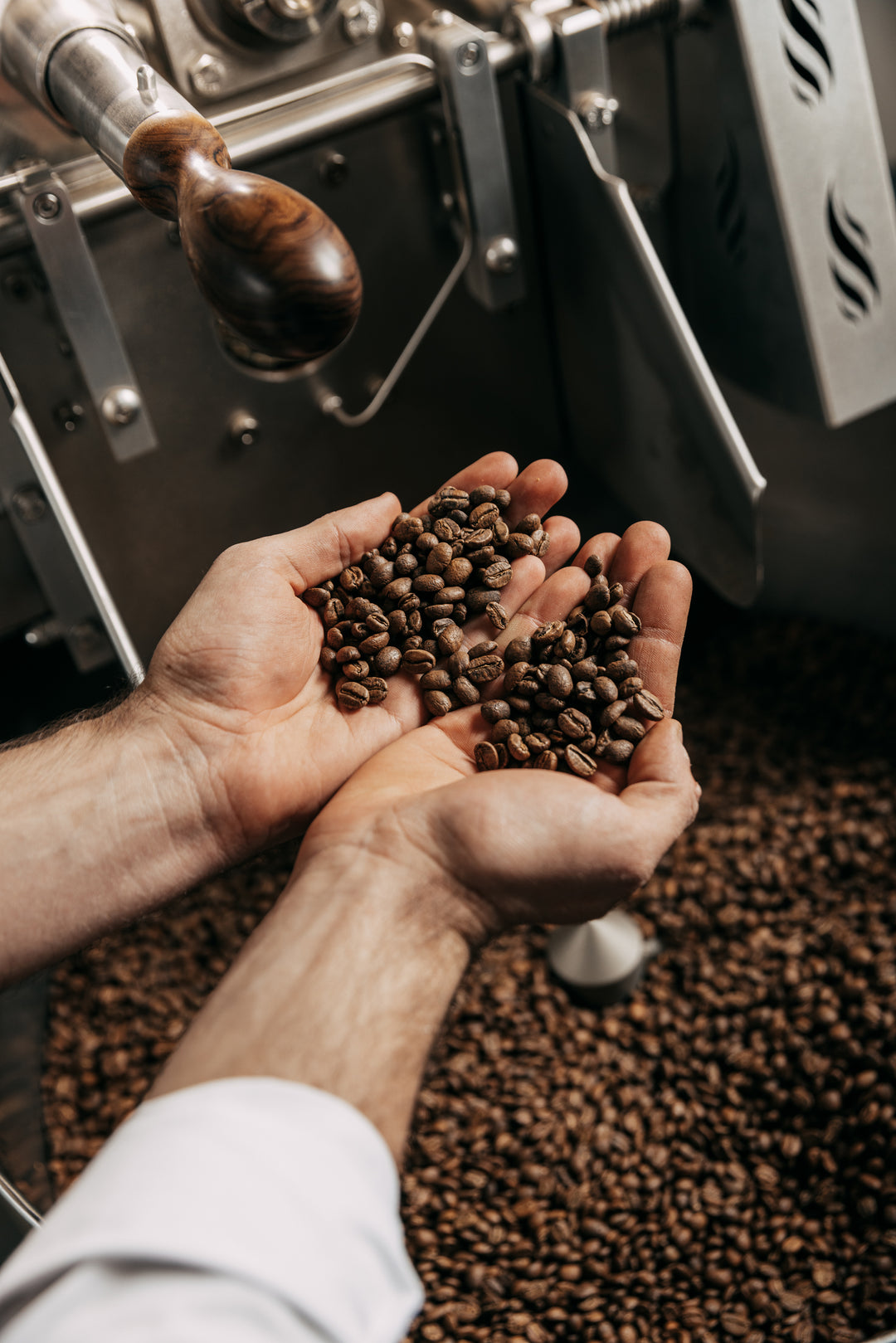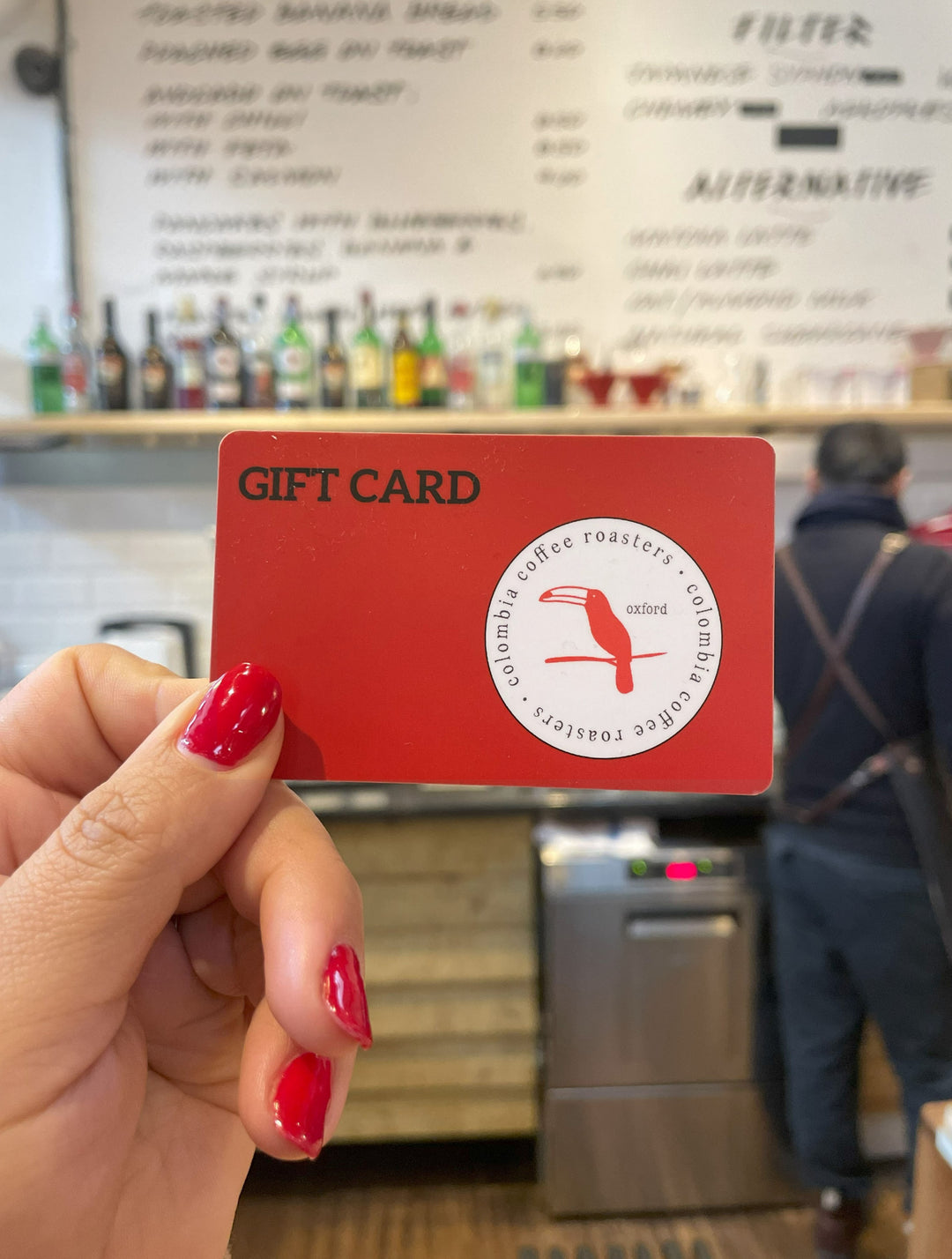How We Source Our Coffee: Transparency in The Supply Chain

Transparency in the coffee supply chain is a pressing issue. More consumers want to know where their coffee comes from. And coffee farmers deserve to be paid a price that is enough to sustain their costs and their livelihoods. However, negotiations between roasters and producers look different according to the individual situation of the parts involved.
Read on and learn what transparency and sustainability look like to our company.
Our Partnerships With Coffee Farmers
While we were in the process of obtaining our B Corp certification, we approached two of our partner farmers, Elias Roa, from Finca Tamana, and Orlando Fierro from Hacienda El Porvenir.
And that is how we call them. Partners. Because we have worked with them for years. We value their coffee, and we want to guarantee their harvests are always purchased and at the same time, have the possibility to diversify their market. This is the reason why we don’t have an extensive or overly rotational range of coffees.
We could receive a list of coffees on offer and spot purchase whatever is available each season. But we choose not to. To be clear, spot buying is not wrong, because that is how many small roasters do at the beginning of their businesses. But at this point, we are able to do things differently. Developing a relationship takes time.
We believe in following seasonality as a means of contributing to making coffee production environmentally sustainable. We want to enable our partners to follow sustainable farming practices. And we believe in letting their knowledge guide their production decisions based on what is best for their farms and what makes more business sense for them. We do not believe in dictating what they should be doing according to our needs.
Even though we are based in a country that is one of their target markets, as fellow Colombians and coffee lovers, we want to let coffee guide us, because we are all in this together.
Orlando told us that during harvest season , together with their farm workers they pick cherries, process them and then take the entirety of their harvest to the importer warehouse. Then, they ship them to us. He adds that the trader has played a key role in advising them on the best coffee processing practices.
On the other hand, Elias says that they do the same. However, they cup their own coffee to ensure quality. He receives a price that we have previously agreed upon.
The Role of The Coffee Importer
So what about direct trade? We try to make our negotiations as direct as possible and stay in touch with the farmers, who are happy to send us pictures, updates and exchange information with us.
However, as a small roaster, we lack the infrastructure to become importers. Moreover, Colombian producers have a maximum export quota by law if they want to export their own coffee.
Working with an importer enables us to share the cost of warehousing, transporting and importing the coffee. Coffee importers also have both the expertise and the capacity of taking on this cost. This beats the common misconception that the middleman is always unnecessary.
Instead, we need to focus on sharing the costs and make sure that coffee farmers are not only price tackers, but business partners, and support them the best we can to make sure they are able to continue producing great coffee over time.
Coffee Trade is a Complex Matter
Over the years, a lot of buzzwords around sustainable coffee are said. However, there is no one size fits all answer.
What matters is that the coffee sourcing process is fair for everyone, especially for the producers who are the weakest in the supply chain.
We acknowledge there is still a lot of room for improvement and are open to learn from coffee farmers and fellows in the coffee sector how we can rework our practices.
